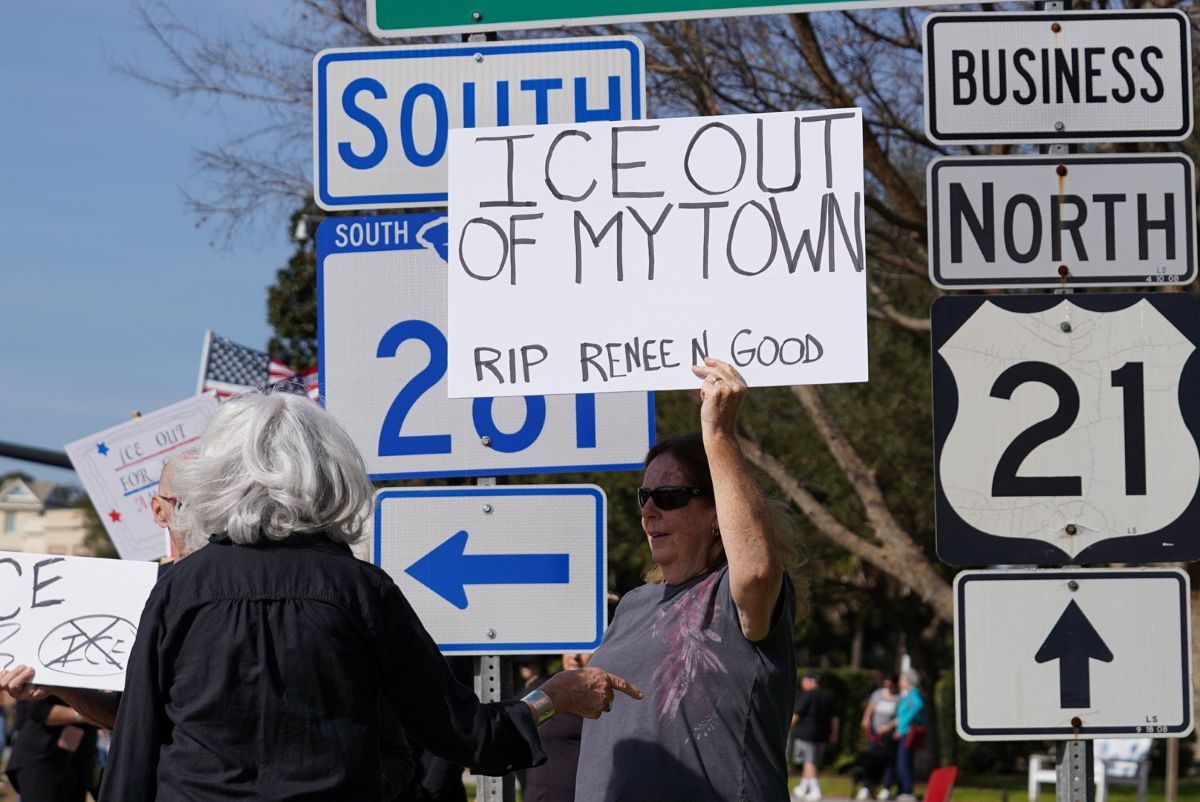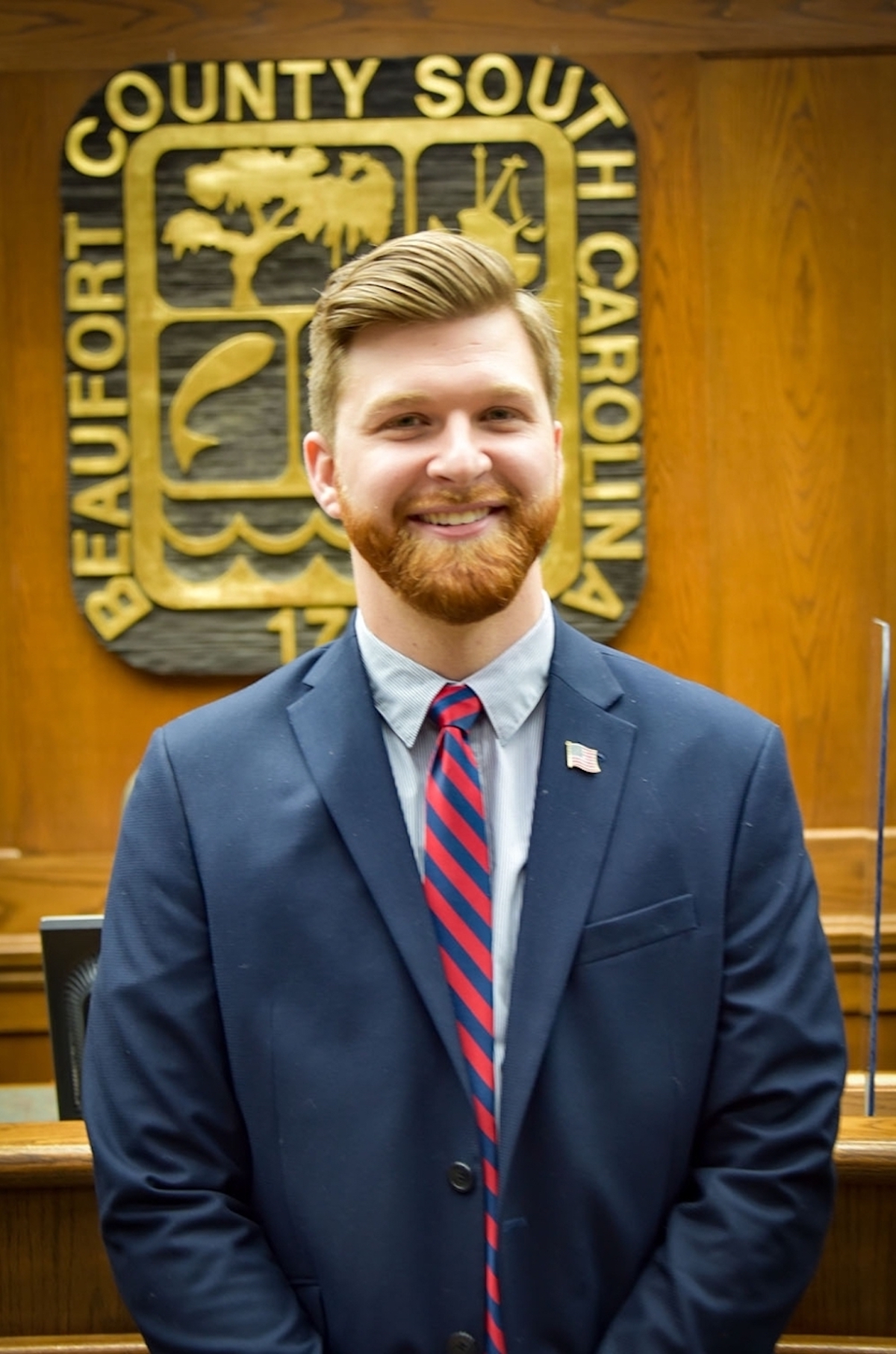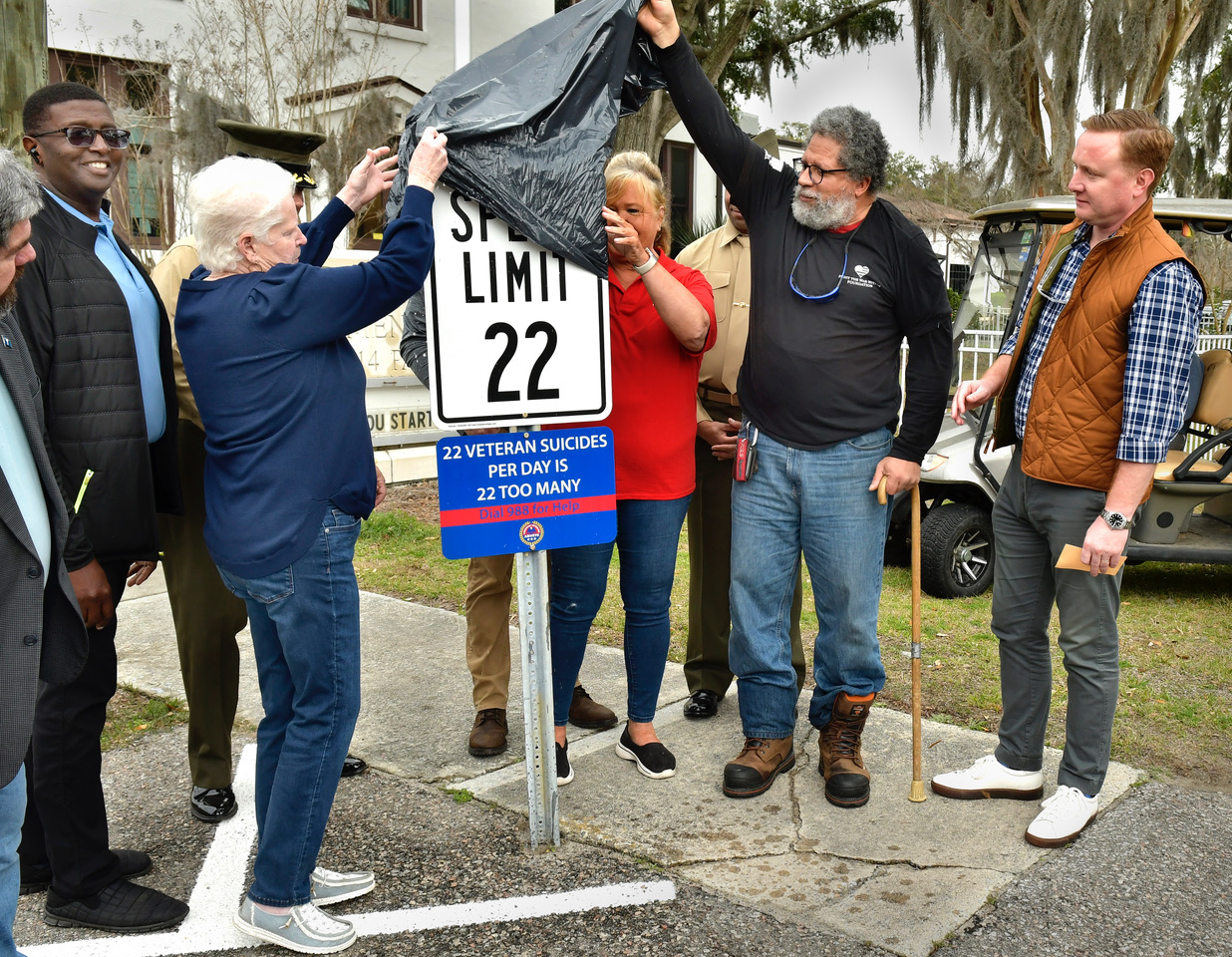By Terry Manning
The more former South Carolina Gov. Nikki Haley talks about race and racism in America, the more she disqualifies herself as a serious thinker or potential leader on the matter.
And the closer she comes to backing herself into a corner where the truth will be impossible to keep dodging.
In a recent appearance on the CNN television show “King Charles,” co-host Charles Barkley challenged Haley to earn his vote by revisiting her previous comments on whether America is or ever has been a racist country.
“I’m dying to vote for you,” the basketball legend said. “I mean that sincerely. I want to give all my energy and all my heart behind your campaign, but I was upset when you made the reference that you didn’t think America had racism.”
Haley responded, “I never said there is not racism in America … there absolutely is racism in America. I said America was not a racist country.”
Haley brought up her childhood as a little brown girl of Indian descent in Bamberg.
“We weren’t white enough to be white, we weren’t Black enough to be Black,” she said. “They didn’t know who we were, what we were or why we were there. If my mom had told me we lived in a racist country, I would have grown up never thinking I could be governor, never thinking I could be ambassador, never thinking I could run for president.
“But my mom always said, your job is not to show them how you’re different. Your job is to show them how you’re similar.”
Now, I don’t know Nikki Haley’s mother. Or her father. Before I looked them up in researching this column, I could not recall ever having even seen a photo of them. But I know one thing for sure about Nikki Haley’s parents: They knew there was racism in this country.
According to an article in People, Haley wrote in her memoir that her parents faced challenges after moving to South Carolina. They struggled to find rental housing because they were foreign-born and because her father worked at a “Black school,” Voorhees College (now University) in Denmark. Even after they finally purchased a house, Haley wrote, they were informed they could not host Black people in their home.
Here are two classic examples of how racism works in this country. You’re different, and you don’t look like us, so we don’t like you. However, we will make an exception as long as you side with us by not associating with other people we don’t like. As Nikki Haley tells it, the latter certainly seems to be the lesson learned by her mother.
Why else would she have burdened a child with the responsibility of confronting bias by “showing them how you’re similar?”
It’s not the responsibility of the oppressed to assuage the prejudices of the oppressor. It shouldn’t be my “job” as a Black man to show white people what we have in common. It’s not my “job” to educate people on why I, a human being, deserve to be treated like one.
Gayle King, the other co-host of “King Barkley,” tried to correct Haley. “I don’t want to split hairs here, but the exact quote you said was ‘America has never been a racist country.’ I think that’s [what] people objected to.”
Haley replied, “I don’t think the premise of America was to be a racist country.”
I can agree with her on that one.
“I think the goal was always to have freedom.”
Hmm, OK.
“Now we stumbled along the way and some parts of our history were not pretty.”
Right, now bring it on home.
“But we got past that.”
Awww! So close.
All these years removed from her childhood, Nikki Haley is still trying to prove herself, to show how “similar” she is to the white Republican voters she’s trying to win over. Nothing else she says will convince me or many other members of minority communities otherwise.
And nothing makes the case for the continued existence — and threat — of racism in this country than her need to pretend we’re “past that.”
Terry E. Manning is a Clemson graduate and worked for 20 years as a journalist. He can be reached at teemanning@gmail.com.










